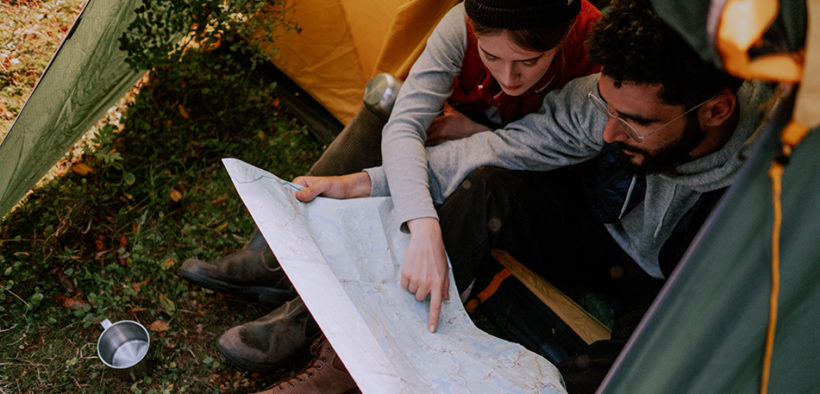South Australia’s peak body for Lived Experience (LEx), the Lived Experience Leadership and Advocacy Network (LELAN) in partnership with University of South Australia’s (UniSA) Mental Health and Suicide Prevention Research and Education Group (MHSPR) have launched the findings of the Activating Lived Experience Leadership (ALEL) project.
In his opening speech for the launch, Minister for Health and Wellbeing Stephen Wade commended the ALEL project team, the project advisory group, and all contributors for diligently bringing the work to life.
“I very much look forward to observing the transformative systems change that will spring from this work, and all the benefits it will bring for those who rely on the best outcomes from our mental health system,” said Wade.
Funded by the Fay Fuller Foundation, the two-year ALEL project is the most significant investment to date in this area of inquiry and action in South Australia. The purpose of the project was to look at how lived experience (LEx) advocacy and leadership embedded within the mental health and social sectors can be defined, recognised, and utilised in South Australia.
“By bringing system, sector, consumer and carer leaders together we have identified the change needed for lived experience leadership to thrive and have impact. Crucially, this future has been led and developed by, for and with the peer community at every level” said Ellie Hodges, Executive Director of LELAN.
The launch included the release of three key outputs: the roadmap for strengthening lived experience leadership for transformative systems change, the model of lived experience leadership, and the consesus statement.
The roadmap and the model were both informed by research and co-designed with community over the last two years. While the consensus statement is the result of bringing together people with lived experience and more than 40 senior executives across government and non-government organisations to determine eight key actions we can all take to embed, and leverage lived experience leadership in systems change efforts.
“What the findings from this research present is an opportunity to recognise the significant activity and innovation led by people with lived experience. This includes community advocacy, creating peer support groups, having community conversations which challenge stereotypes and foster hope, and working with politicians and service leaders to create effective solutions. All of this leadership activity can be scaled up and supported across South Australia” said Mark Loughhead, Senior Researcher.
In light of the Victorian Royal Commission into Mental Health and with the announcement in March of a $10 million Australian Government investment to establish a national Academy of Lived Experience (ALIVE), the findings of the ALEL project present an opportunity for South Australia to be at the forefront of mental health systems reform.
“Using our lived experience for change is about making things better for people who experience distress privately and for those who will access services after us. It isn’t about spotlighting what is wrong with us or our diagnoses, it’s about using our experiences of what happened to influence change in a variety of ways. As someone shared through our research, our vulnerability is our strength, and our strength is our vulnerability,” said Hodges.
Also announced at the launch was a strategic partnership between LELAN and the Fay Fuller Foundation.
“The strategic partnership between LELAN and the Foundation will see us working together to influence broad systems change that enables LEx leadership to thrive, and to support LELAN in their role as the peak body for LEx leadership in South Australia” said Niall Fay, Chief Executive Officer of the Fay Fuller Foundation.
Paulo Rizal is a content producer for Third Sector news. He has working experience in journalism, SEO, and social media marketing.


























































































































































